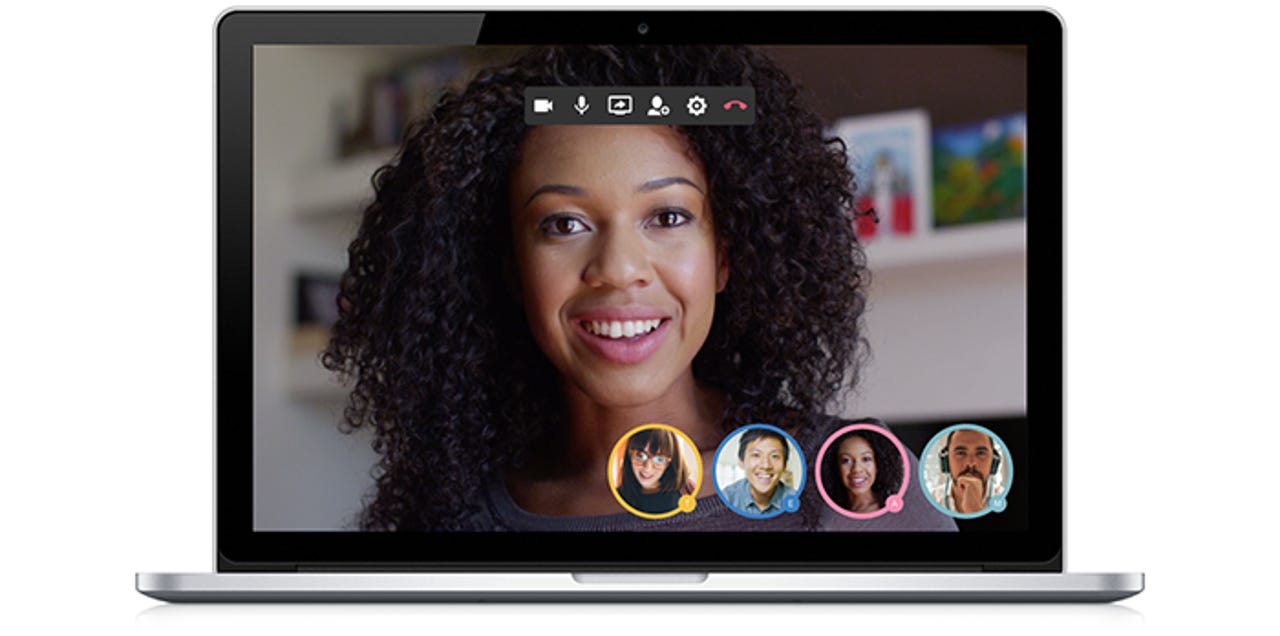Atlassian's HipChat gets group videoconferencing support, ahead of Slack


Group video calling in HipChat lets up to 10 people talk with one another face-to-face.
Atlassian's workplace collaboration app HipChat now supports group videoconferencing, the company announced Thursday.
Featured
HipChat has grown into a prominent brand in the workplace-chat market. The platform enables real-time collaboration between co-workers with features such as chat rooms, file sharing, and screen sharing.
With this new feature, HipChat is trying to remove much of the complexity associated with videoconferencing platforms, including requirements for specific hardware, applications, browser plugins, and user logins. A HipChat video conference can be spun up by simply sharing a link with other members in a chat.
"No need to sign into another service, download a random browser extension, or lose the context of the conversation that inspired the video chat," HipChat said in a blog post. "It's the virtual version of spinning your chair around to flesh out an idea with colleagues."
Two years ago HipChat began supporting one-on-one video chats, but the latest challenge for workplace collaboration has been group videoconferencing. HipChat's primary competitor Slack has said since March that its support for group videoconferencing was forthcoming, however so far it has only delivered group voice calls.
HipChat effectively beat Slack to the punch, thanks in large part to Atlassian's acquisition of French startup Blue Jimp, makers of the popular open-source chat and videoconferencing platform Jitsi, in April 2015.
More recently, Atlassian scooped up incident communication platform StatusPage, makers of status and incident communication tools, to bolster Atlassian's service and ticket-tracking tools such as JIRA and Confluence.
In January, Atlassian rolled out an update to its JIRA Service Desk that adds machine learning, integrated customer satisfaction surveys, and automation for resolving problems and incidents.
Last May the company bought San Francisco-based real-time chat and messaging app Hall in another bid to build out the HipChat platform.